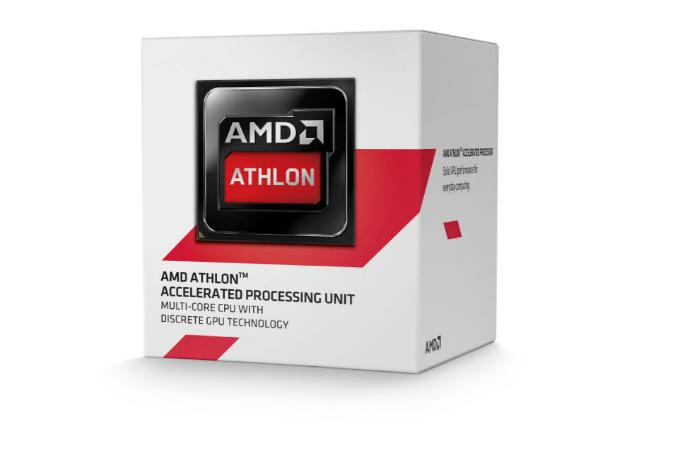
While Intel is off dominating the high-end side of the CPU market, AMD has traditionally positioned itself as the CPU/APU maker for those looking to spend a little less on their systems. With that in mind, AMD today made an announcement that’s aimed at areas that could be potentially attractive markets for affordable PC processors. Enter AMD’s new AM1 platform, which has a sub-$100 entry level price tag.
AM1 processors are based on AMD’s Kabini architecture, and are designed work with AMD’s FS1b upgradeable motherboard socket. AM1 will be designed for Mini-ITX and Micro-ATX motherboards, compatible boards from Asus, Biostar, ASRock, MSI, ECS and Gigabyte are currently in the works; 15 in all at the outset. Though detailed specs for the AM1 line have yet to be revealed, these APUs will support up to 16GB of RAM and will sport up to four cores.
When we spoke with AMD about the AM1, they informed us that while AM1 APUs are aimed at the developing world, where there isn’t much disposable income, AM1 processors will likely be made available in the U.S. as well as the areas that AMD is primarily targeting, which include Mexico, South America, Europe as well as Southeast Asia.
Though AM1 processors are compatible with every version of Windows starting with XP and up, Intel’s Baytrail CPUs are compatible with Windows 7 and up, which could potentially give the AM1 a leg up in developing markets. Think about it: if Windows XP users here are balking at the going rates for new copies of Windows 7, 8 and 8.1, just think of the moaning and groaning that might come out of a customer’s mouth in Chile or India.
Though AM1s will start at $60, we couldn’t get an exact confirmation from AMD regarding where the price tags will top out at. However, we did get the impression that most AM1 APUs will be priced under $100.
What do you think? Sound off in the comments below.



